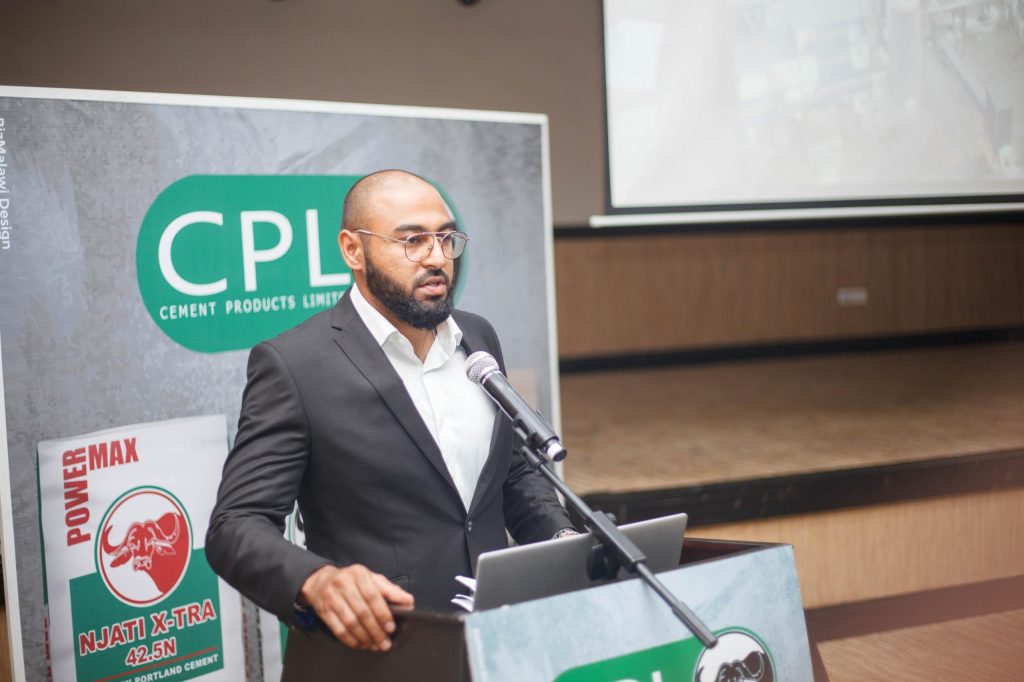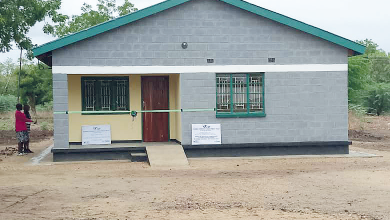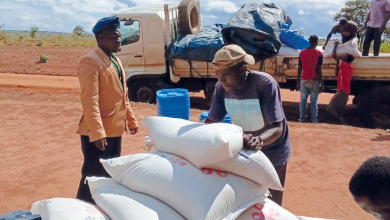Cement producers blame prices on traders
Manufacturers of cement have broken the silence on the scarcity that has pushed up prices of the commodity on the market and blamed traders of cashing in on low supply.
In the past month, the price of local cement has gone up from around K30 000 to as high as K44 000 per 50 kilogramme (kg) bag.
The Nation spot-checks in Karonga, Nkhata Bay, Salima, Balaka, Blantyre and Mangochi showed that prices of locally-produced cement ranged from K36 500 for brands such as Akshar to K44 000 for Tanthwe and Njati.

taken advantage. | Nation
But in separate interviews yesterday, Cement Products Limited (CPL) managing director Akbar Gaffar and Shayona Cement Corporation managing director Jitendara Patel said low production coupled with high demand have motivated some traders to inflate prices.
In a written response yesterday, Gaffar said the company has only increased factory prices once this year with Njati 32.5 newtons rising from K18 650 to K20 650 and Njati Xtra 42.5 newtons going from K20 950 to K22 950.
He said CPL, based in Mangochi, is operating at 50 percent capacity because it is upgrading its clinker plant to double output to 1 000 metric tonnes (MT) per day. He also said foreign exchange challenges continue to affect access to raw materials.
“Our reduced production output during our upgrades has contributed to a lower supply of local cement on the market and traders have taken advantage of the situation by hiking prices to exploitative levels,” said Gaffar.
He said consistent supply and fair pricing will be achieved if the producers are given forex at the official rate to import raw materials which cannot be sourced locally. He said cement producers need an equivalent of 10 percent of the foreign exchange allocated to traders importing cement to consistently produce 1 000MT daily.
Patel echoed Gaffar’s sentiments that some traders are taking advantage of low supply.
In response to the cement price hike, Ministry of Trade and Industry said it allocated foreign exchange to some traders to import cement from Zambia and sell at K26 000 per bag.
But Chamber of Mines and Minerals national coordinator Grain Malunga described the importation of cement as a short-term measure, questioning why the forex was not given to local cement manufacturers to increase production.
On his part, Consumers Association of Malawi executive director John Kapito also faulted the arrangement, saying it has only enabled hoarding of cement without addressing the root causes of escalation in prices of local cement.
Meanwhile, Ministry of Trade and Industry spokesperson Patrick Botha said government was engaging players in the cement sector.
He further said that importation of cement is ongoing as trucks were at the Mchinji-Mwami Border on their way to Malawi.
Malawi’s three cement producers, namely Shayona based in Kasungu, CPL in Mangochi and Portland Cement Malawi in Blantyre, have a production capacity of 822 012 metric tonnes (MT) against an annual market demand of 1 782 000MT.





